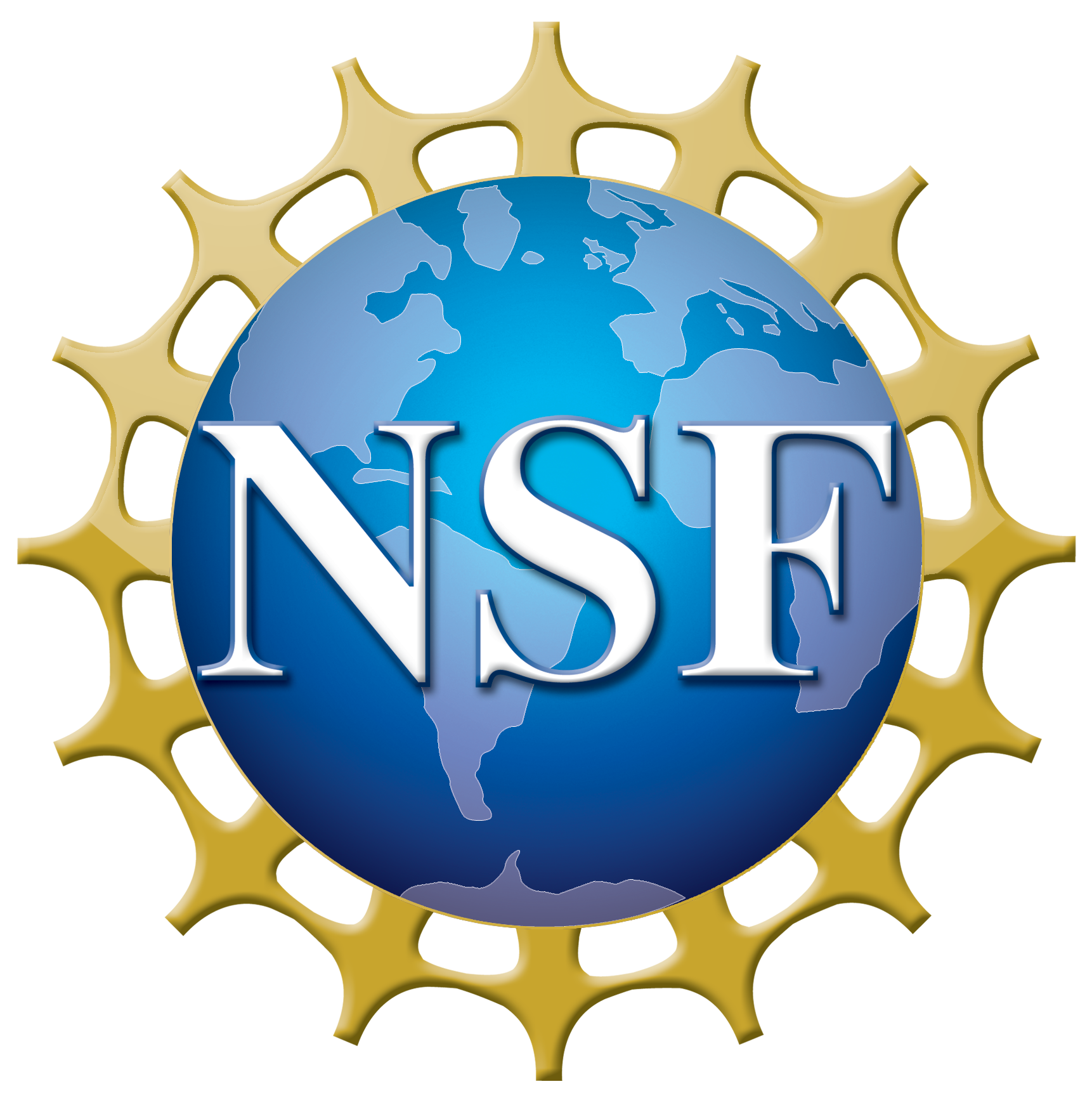
National Science Foundation (NSF), Directorate for Mathematical & Physical Science (MPS), Division of Civil, Mechanical, & Manufacturing Innovation (CMMI)
PI: Jennifer Andrew (MSE), Co-PI: Carlos Rinaldi (CHE), Co-PI: David Arnold (ECE)
As predicted by Moore’s “law”, the past few decades have seen massive reductions in the size of integrated circuits, enabling the portable, handheld devices now in everyday use. However, the components that power these devices have not experienced a similar size reduction. For example, the power adapter of a laptop computer is only modestly smaller than that two decades ago, and the printed circuit board inside a smart phone must dedicate between 20% and 40% of the board area for power conversion and management. To date, efforts towards miniaturization have been limited by both materials and manufacturing challenges. To address this gap, this research will study nanomanufacturing processes to facilitate the scalable synthesis of high quality magnetic nanoparticles and nanocomposite core materials and the fabrication of compact power inductors and transformers through assembly of these nanomaterials in a manner that is compatible with current manufacturing processes, such as silicon wafer or printed circuit board fabrication. This compatibility will enable fully integrated and compact system-on-chip or system-in-package power solutions. This research will be accomplished by fostering collaboration among disciplines including materials science, chemical engineering and electrical engineering.
The overarching goal of this project is to study synthetic and nanomanufacturing processes that overcome existing integration challenges while affording breakthrough, high-frequency magnetic performance. An aim is to research materials that exhibit high magnetic saturation and low loss. This will be accomplished by leveraging the unique properties of magnetic materials at the nanoscale through a combination of nanomanufacturing approaches spanning bottom-up synthesis to directed assembly and nanocomposite formation. The specific objectives are to: (i) scale-up synthesis of high quality magnetic nanoparticles via thermal decomposition routes by elucidating the underlying correlations between synthesis parameters and nanoparticle properties, leveraging recent developments in the reproducible synthesis of near defect-free nanocrystals with magnetic properties approaching those of the bulk; (ii) study methods for large-scale directed assembly of magnetic nanoparticles via dielectrophoresis into compact power inductors/transformers; and (iii) demonstrate the formation of bi-phasic nanocomposite cores through large-scale electro-infiltration of an additional ferromagnetic material. An expected outcome of this project is to demonstrate scalability through the full-wafer batch-fabrication of microinductor devices using the developed methods on a silicon wafer. From a commercial standpoint, nanomanufacturing technologies providing process-integrable, high-performance magnetic components for power application have the potential to impact a nearly $12B/year market.